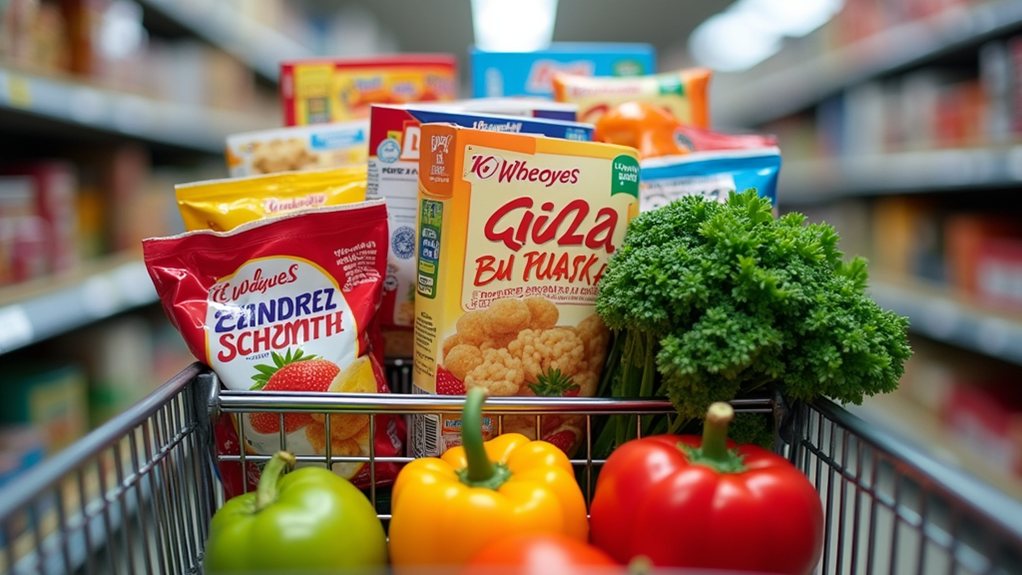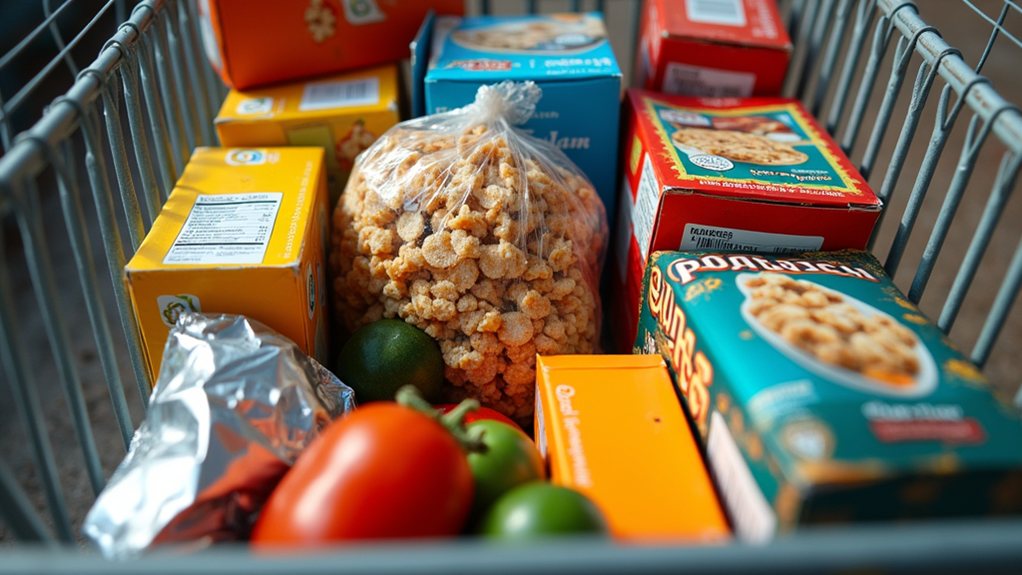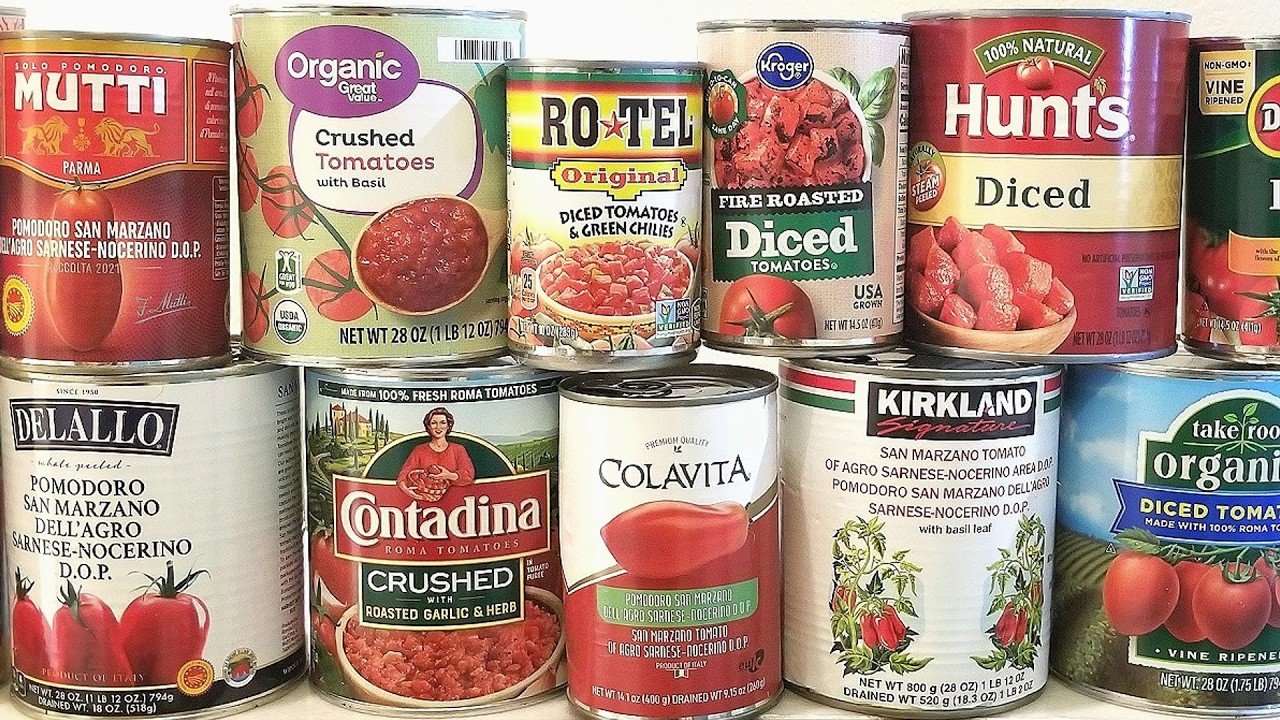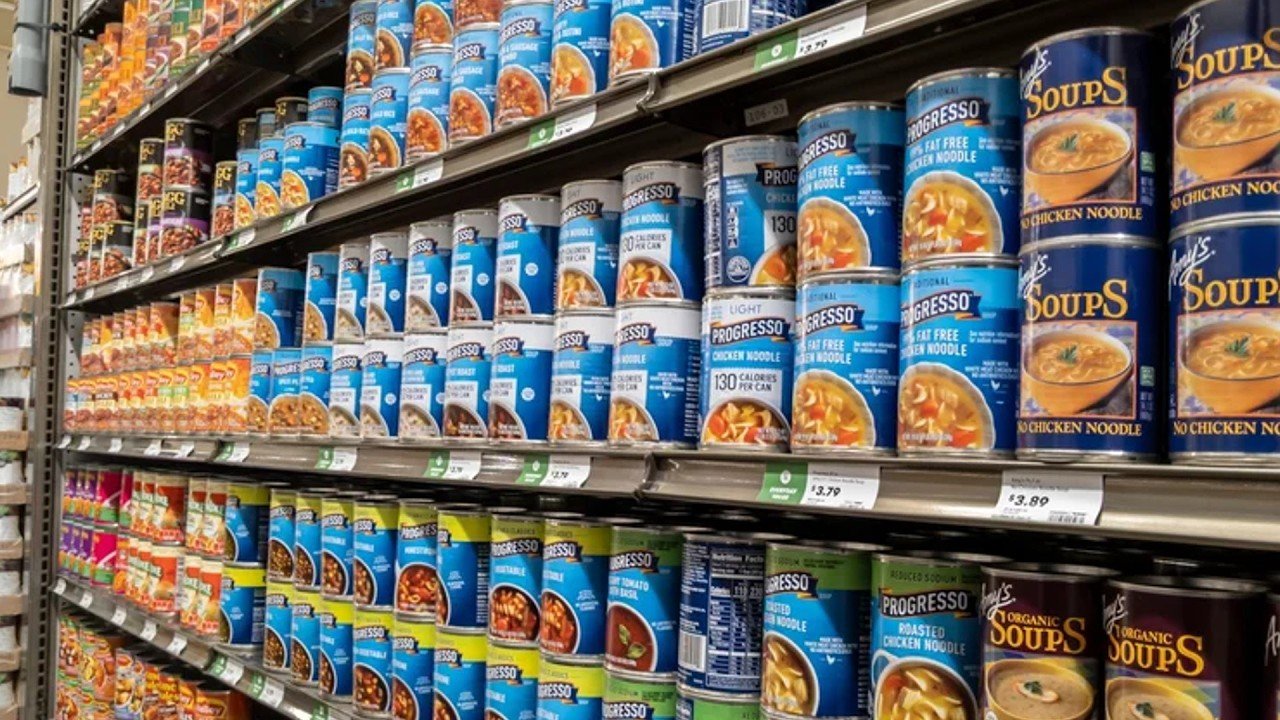Ultra-processed foods lurk in pantries everywhere, their true nature concealed behind bright packaging and clever marketing. Most consumers never notice the chemical additives, modified starches, and artificial flavors that fill ingredient lists on their everyday purchases. These foods, often designed for convenience rather than nutrition, subtly transform eating habits while contributing to health concerns nationwide. The average American's diet contains more of these manufactured items than they might suspect, raising significant questions about what's really on the dinner table tonight.
The Deceptive Nature of Modern Food

How often do consumers unknowingly fill their shopping carts with foods that have been engineered in laboratories rather than grown on farms? The prevalence of ultra-processed foods in modern diets has skyrocketed, with many people consuming these products daily without recognizing their true nature.
These foods typically sport lengthy ingredient lists featuring chemicals that would baffle even the most dedicated home cook, such as artificial sweeteners, synthetic colors, and preservatives designed to prolong shelf life far beyond what nature intended.
Modern ultra-processed foods hide behind ingredient lists full of laboratory chemicals unknown to any traditional kitchen.
One telltale sign of ultra-processed foods is the presence of ingredients like high-fructose corn syrup and hydrogenated oils, which manufacturers add to improve flavor and extend product longevity, often at the expense of nutritional value. Common culprits include everyday staples like breakfast cereals, which look innocent enough until one examines their ingredient panels, revealing a chemical cocktail masquerading as morning nutrition.
Ready-to-eat meals, processed meats, and those convenient instant noodles likewise hide behind their convenience while harboring numerous additives. Even canned meats that seem like simple protein sources often contain excessive sodium and preservatives that can contribute to health issues. Canned products like baked beans can also deceive consumers with their excessive sugar content that undermines their nutritional benefits. According to the NOVA classification system, these products fall into the category four designation representing the highest level of processing.
The body often signals its distress when regularly fed these laboratory creations. Weight gain becomes more likely as ultra-processed foods tend to be calorie-dense yet fail to trigger proper satiety signals, leading consumers to eat more while receiving less actual nourishment.
Many people experience mysterious fatigue, digestive discomfort, and even skin problems without connecting these symptoms to their food choices, while the long-term risks paint an even grimmer picture – increased risks of heart disease, diabetes, and certain cancers, as well as significant increases in cognitive impairment and strokes.
Beyond personal health, the footprint of ultra-processed foods extends to environmental concerns, creating substantial packaging waste and reinforcing social inequalities as communities with limited access to fresh options rely more heavily on these products.
The economics also tell a compelling story – these foods often cost less upfront but extract a higher price in healthcare costs down the road. Recognizing these hidden signs empowers consumers to make more informed choices about what truly constitutes food versus what might better be classified as edible food-like substances.









